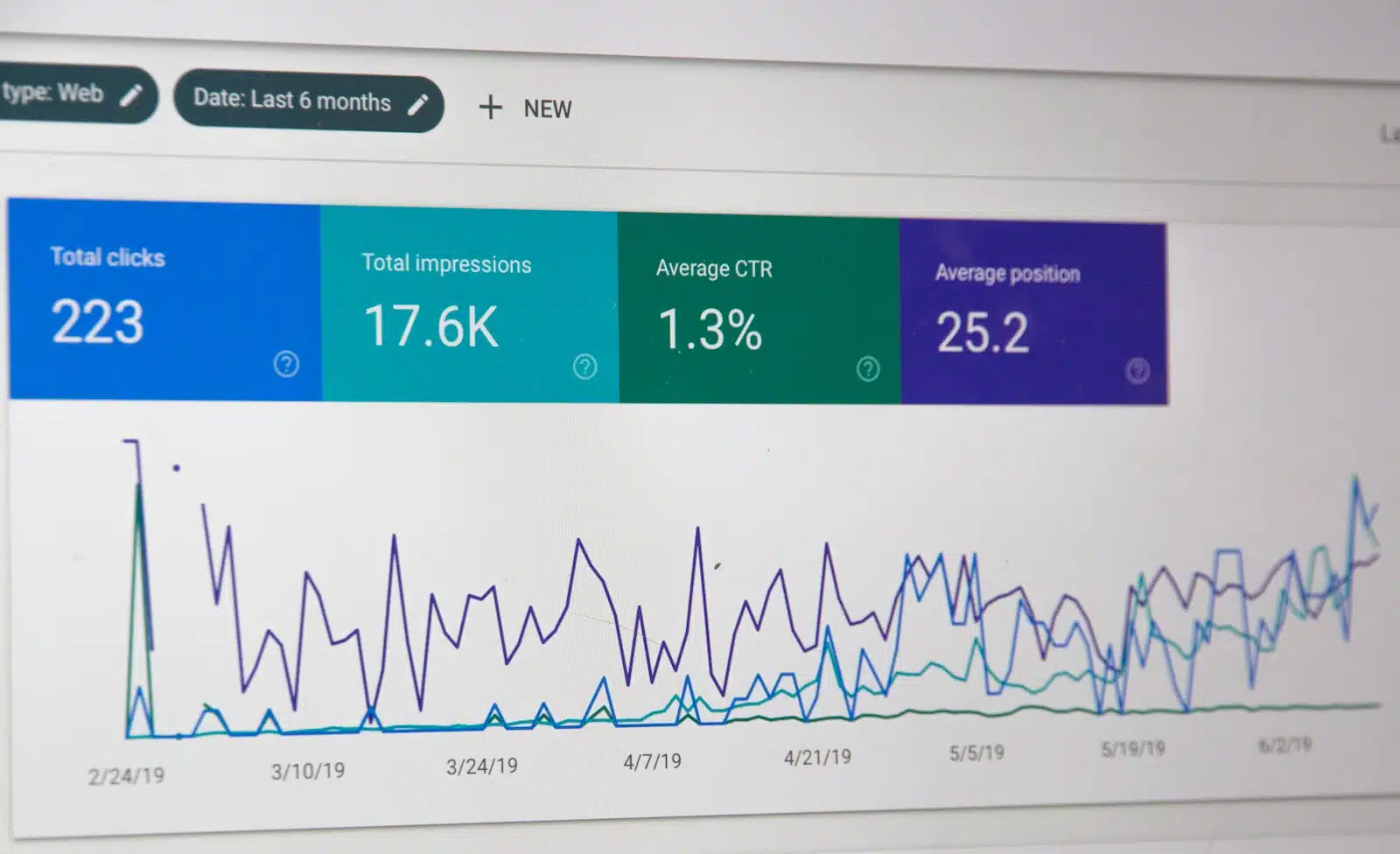Elevate Your Website with Expert WordPress SEO Services:
In the vast digital landscape, having a WordPress website is just the beginning. To truly harness its potential and reach your target audience, you need to optimize your site for search engines. This is where WordPress SEO services come into play. Effective SEO strategies can significantly improve your website’s visibility, drive organic traffic, and increase conversions. In this comprehensive guide, we’ll delve into the essentials of WordPress SEO and provide actionable tips to help your site achieve top rankings on search engines.
Understanding WordPress SEO:
SEO, or Search Engine Optimization, is the practice of enhancing your website to make it more attractive to search engines like Google. For WordPress sites, this involves a combination of on-page, off-page, and technical SEO tactics. The goal is to ensure that your website appears prominently in search results for relevant queries.
Why WordPress SEO Matters:
- Increased Visibility: Higher rankings on search engines mean more visibility and, consequently, more traffic.
- Cost-Effective Marketing: SEO is a long-term investment that can yield continuous traffic without the ongoing costs of paid advertising.
- Enhanced User Experience: Good SEO practices improve the overall user experience, making your site more navigable and faster.
Key Elements of WordPress SEO:
Keyword Research:
Keyword research is the foundation of any successful SEO strategy. It involves identifying the terms and phrases your potential customers are using to search for products or services similar to yours.
Tips for Effective Keyword Research:
- Use SEO Tools: Tools like Google Keyword Planner, Ahrefs, and SEMrush can help you find relevant keywords with good search volume and low competition.
- Focus on Long-Tail Keywords: These are more specific and often less competitive, making it easier to rank for them.
- Understand Search Intent: Determine whether users are looking for information, ready to make a purchase, or seeking specific services, and tailor your keywords accordingly.
On-Page SEO:
On-page SEO involves optimizing individual pages on your website to rank higher and earn more relevant traffic.
Title Tags and Meta Descriptions:
- Title Tags: Ensure your titles are compelling and include your primary keyword. Keep them under 60 characters to avoid truncation in search results.
- Meta Descriptions: Write engaging meta descriptions under 160 characters that summarize the content and include your primary keyword.
Headers and Content:
- Headers (H1, H2, H3): Use headers to structure your content and include keywords naturally. The H1 tag should be used for the main title of the page, while H2 and H3 tags should be used for subheadings.
- Quality Content: Create high-quality, informative content that provides value to your readers. Avoid keyword stuffing and ensure your content is easy to read.
Images and Alt Text:
- Optimize Images: Use descriptive filenames and include keywords in the alt text. This not only helps with SEO but also improves accessibility.
Technical SEO:
Technical SEO ensures that your website is technically sound and easy for search engines to crawl and index.
Site Speed:
- Optimize for Speed: Use tools like Google PageSpeed Insights to identify and fix issues that are slowing down your site. Compress images, leverage browser caching, and minimize CSS and JavaScript.
Mobile Optimization:
- Responsive Design: Ensure your website is mobile-friendly and provides a seamless experience across all devices. Google favors mobile-optimized sites in its rankings.
XML Sitemaps:
- Create and Submit Sitemaps: Use a plugin like Yoast SEO to generate an XML sitemap and submit it to Google Search Console. This helps search engines understand your site structure and index it more efficiently.
- HTTPS: Ensure your website is secure by using HTTPS. Google gives a slight ranking boost to secure sites, and it also helps build trust with your visitors.
Content Marketing:
Content is king in the world of SEO. Regularly publishing high-quality content can help you rank for a broader range of keywords and establish your site as an authority in your niche.
Blogging
- Consistent Blogging: Publish blog posts that address common questions, provide solutions, and offer valuable insights. Incorporate relevant keywords naturally and include internal links to other pages on your site.
Evergreen Content:
- Create Timeless Content: Focus on creating evergreen content that remains relevant and valuable over time. This type of content can continue to drive traffic long after it’s published.
Link Building:
Building high-quality backlinks to your site is crucial for improving its authority and search engine rankings.
Strategies for Link Building:
- Guest Blogging: Write articles for reputable sites in your industry and include links back to your site.
- Influencer Outreach: Collaborate with influencers who can share your content and link to your site.
- Content Promotion: Share your content on social media and other platforms to attract links naturally.
Advanced WordPress SEO Tips:
Schema Markup:
Implementing schema markup can help search engines understand your content better and provide rich snippets in search results, such as star ratings and product prices.
Local SEO:
If your business has a physical location, local SEO can drive traffic from nearby customers. Optimize your Google My Business listing, include local keywords in your content, and encourage customer reviews.
Analytics and Monitoring:
Regularly monitor your SEO performance using tools like Google Analytics and Google Search Console. Track key metrics such as organic traffic, bounce rates, and conversion rates to identify areas for improvement.
Conclusion:
Mastering WordPress SEO requires a combination of strategic planning, consistent effort, and ongoing optimization. By implementing the tips outlined in this guide, you can enhance your website’s visibility, attract more organic traffic, and achieve your business goals.
Remember, SEO is an ongoing process. Stay updated with the latest trends, continuously monitor your performance, and adjust your strategies as needed. With dedication and the right approach, your WordPress site can achieve and maintain top rankings in search engine results, giving you a competitive edge in the digital marketplace.








